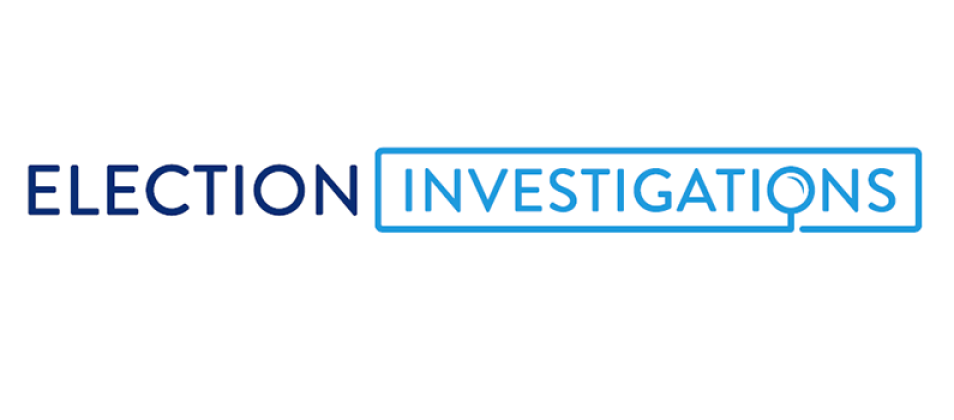
Election Investigations Guidebook
For more than thirty years, the International Foundation for Electoral Systems (IFES) has assisted courts, election management bodies, anticorruption agencies, police, prosecutors and adjudicators to address electoral disputes and violations. While this aspect of the electoral process is not as visible as campaign periods or voters casting ballots on election day, election dispute resolution (EDR) is key to ensuring the integrity and legitimacy of elections. EDR systems must be able to withstand political pressure and sophisticated attempts at political manipulation, and if not handled properly, election claims can destabilize governments, undermine public trust, and lead to violence. Despite the critical nature of these types of disputes, challenges to effective EDR persist as knowledge and awareness lag behind those of other electoral processes.
To fill these gaps, IFES has published a series of resources for stakeholders and practitioners, starting with the foundational Guidelines on Understanding, Adjudicating, and Resolving Disputes in Elections (GUARDE) publication. This resource was designed as a guide to assist stakeholders in the development of effective complaint adjudication systems, while additional research and guidance has addressed effective judicial remedies, the annulment of election results, and how to preserve procedural justice in election cases.
Today, IFES is adding Standards, Techniques and Resources for Investigating Disputes in Elections (STRIDE) to this collection of resources. This Election Investigations Guidebook, authored by Vice President for Global Strategies and Technical Leadership Chad Vickery and Senior Global Legal Advisor Katherine Ellena, responds to the unique challenges inherent in election investigations or fact-finding processes. While, admissible and substantiated evidence are critical in the resolution of highly political decisions during the compressed timelines provided within electoral processes, this evidence can be difficult to find, transport, and secure for certain types of electoral disputes or violations. Additionally, investigators face considerable time pressure as election results cannot be delayed indefinitely. In some countries, it may be unclear who is responsible for fact finding and conducting investigations, or investigators may lack experience with the electoral process and its unique challenges. Fact-finding processes for electoral complaints can also require concurrent investigation of both criminal and administrative violations, adding an additional layer of complexity and required expertise.
STRIDE responds to these challenges by outlining standards for election investigations and presenting concrete recommendations to implement these standards in practice. Grounded in international principles and comparative experience, this Guidebook was designed to be a tool for practitioners—including prosecutors, members of the judicial system, election commissions, development assistance providers—who are responsible for carrying out these sensitive and complex investigation processes.
Sincerely,
Tony
Anthony N. Banbury
IFES President and CEO
Published on December 17, 2020.













